How do you get your daily dose of veggies and fruit if you don't have access to fresh produce? Whether you are a devout vegetarian/vegan or just someone who can't live without their daily dose of veggies and fruit, the idea of a lockdown or self-isolation is worrying. But don't worry, there is plenty you can do in small measures to ensure that you get some form of veggies whether it is frozen, or in powder form or in concentrated juice form or in cans. I have listed below, some of my food hacks, tips and tricks that I use to stretch my supply of veggies and fruit. I hope these may be useful to you.
ALTERNATIVE WAYS OF GETTING YOUR DAILY SUPPLY OF FRUIT AND VEG IF YOU DON'T HAVE ACCESS TO FRESH PRODUCE
For as long as possible if you go venture out or shop online, make sure you get your weekly supply of fresh veggies and fruits. If you can’t go out at all or are worried about online supplies running dry, here are some great practical ideas to get your daily dose of veggies and fruit. There are lots of ideas to get you thinking outside the veggie box and to inspire you to try out alternative ways of getting your fruit and veggie intake.
A. Veggie Powders & Long Life Veggie Juices
Bags of spinach powder, kale powder, beetroot powder are available online via specialty grocery stores, organic stores and health stores. These usually come in a vacuum sealed coated bag with a Ziploc seal and can last a long time in your pantry. They can be added to savoury pancakes, savoury muffins, veggie smoothies, doughs, savoury sauces and curries.
V8 Veggie Juice and similar products. These come in Tetra packs or big bottles. They will store in your pantry for a long time. They are usually a concentrated mix of a few different vegetables like tomato, carrot, beetroot, spinach, lettuce etc.. They can be used to make veggie soups or even cook a veggie risotto minus the actual veggies.
B. Canned Veggies
Besides tomatoes, tomatoes and more tomatoes you can stock up on some canned veggies like asparagus, sweetcorn, mushroom, carrot, beans and beetroot to ensure you will have a supply of veggies even when the fresh ones run out. Jackfruit is a great example of a canned vegetable that can be used as a hearty substitute for meat in mains like Tacos, Curries, Stir Fries and Rice-based dishes. It isn’t high in protein at all so you may still have to ensure that you are getting your protein from other sources like tofu, nuts, beans and even dairy.
C. Frozen Veggies And Herbs
You can buy bags of frozen veggies from the supermarkets or if they have run out already, buy fresh, chop and freeze them in freezer safe bags. Cauliflower and broccoli florets, carrots, peas, capsicum, snow peas, spring onion and spinach (Yes, spinach freezes like a dream – either chop it real fine and freeze in flattened ziplock bags or blanch for a minute or two, pat dry and freeze in bags!)
Onion and tomato also freeze well (these two are the most essential in my kitchen because they form the base of most of my daals and veg curries). To save space, I pureé 3 onions and 4 tomatoes in the blender and store this 2-cup quantity in ziplock bags. This is the ratio and quantity that I use in most of my recipes. You can also just chop tomatoes and onions and freeze them separately to be used as required in stews and stir-fries. Chop and mash avocados roughly and freeze them after squeezing some lime over them. Great to add to blend into smoothies, pasta sauces or make guacamole.
If you can find fresh herbs in bulk, they can be chopped up and frozen. You could also buy frozen herbs from the shops, they come in little frozen cubes and add great flavour and a bit of green element to food when you don't have fresh herbs on hand.
D. Veggies With a Longer Shelf Life
Veggies like potato, sweet potato, onion, pumpkin and beetroot will keep for a few weeks if stored properly. You can make roasts, curries, mash, soups and salads with them. Store potatoes, sweet potatoes and onions in a dark corner of your kitchen in hessian sacks or paper bags away from light to stop them from sprouting. Buy a whole pumpkin or two, they literally keep well for months.
E. Start A Water Jar Garden on your window sill
Spring onions, leek, celery and bok choy are all great vegetables to regrow in water. If you can get your hands on a couple of bunches of each, slice them and store them in the fridge with a paper towel in each lidded container. Then with the bottom remnants of the veggies (the part with the root), stick them in a jar with a little bit of water and place in a bright spot in your kitchen. They will slowly regrow the stalks/branches. Make sure to top up the water as it will dry up. You only need just enough to submerge the root area.
F. Fresh Herbs in pots
Fresh herbs in pots are usually found at most supermarkets or garden nurseries. Buy a couple of the herbs you use the most and pop them on your window-sill in a bright spot. Water them, snip and use them regularly and watch them regrow. I like to put all my little herb pots in a large plastic stationery tray (mine is from IKEA). The tray has compartments that keep the pots secure and I can water them without worrying about leaks.
G. Vegetable Stock Powder
Fresh stock is great but if you don't have access to fresh produce during long periods, stock up on veggie stock powder and make sure you check the ingredient list to see that the stock includes actual powdered veggies and herbs. Veggie stock powders are great for soups, risottos, curries and even as a nourishing hot drink when you need a little pick me up.
I hope these tips, tricks and ideas have been useful to you. I have a couple of very good posts on How To Sensibly Stock Your Pantry For Self-Isolation & Quarantine and a Practical Grocery List & Recipe Ideas For Vegetarians and Vegans During Lockdown. I am working on a series of recipes that are made up entirely of pantry items that I will share soon. Make sure you are subscribed to my newsletter to ensure you never miss a recipe or helpful food tips and hacks.

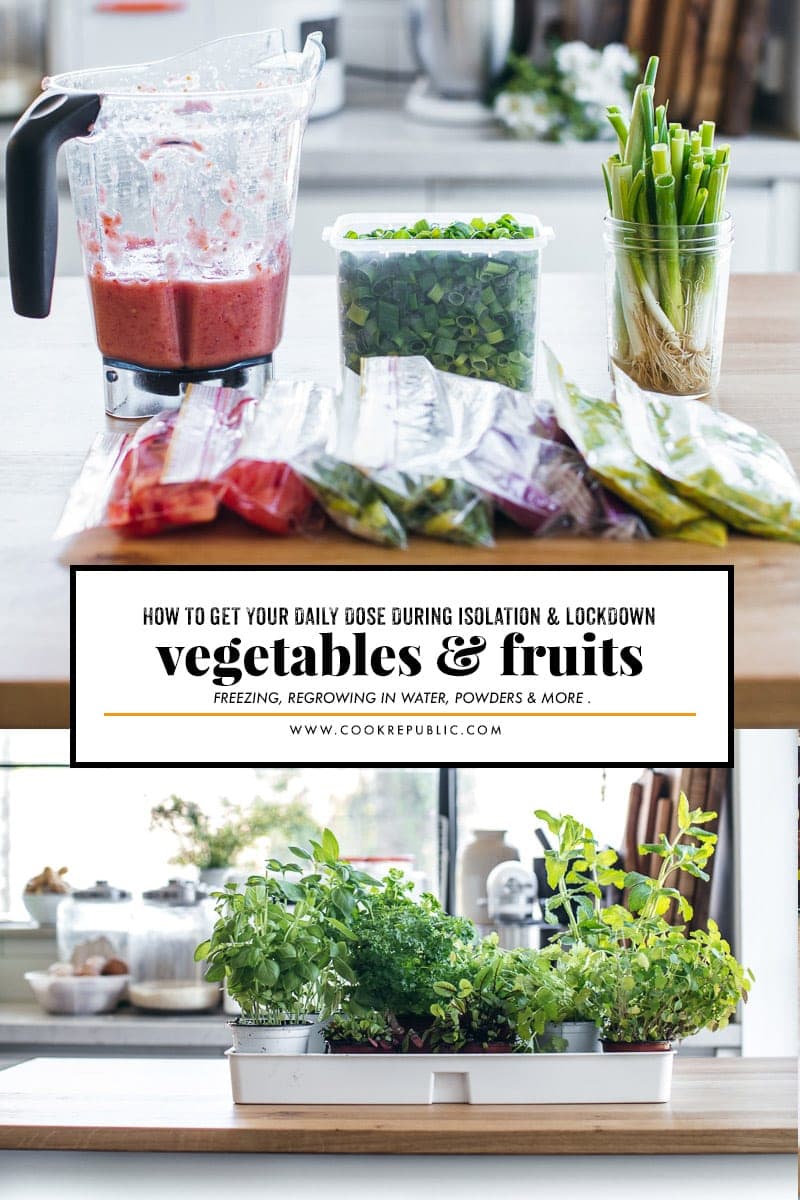
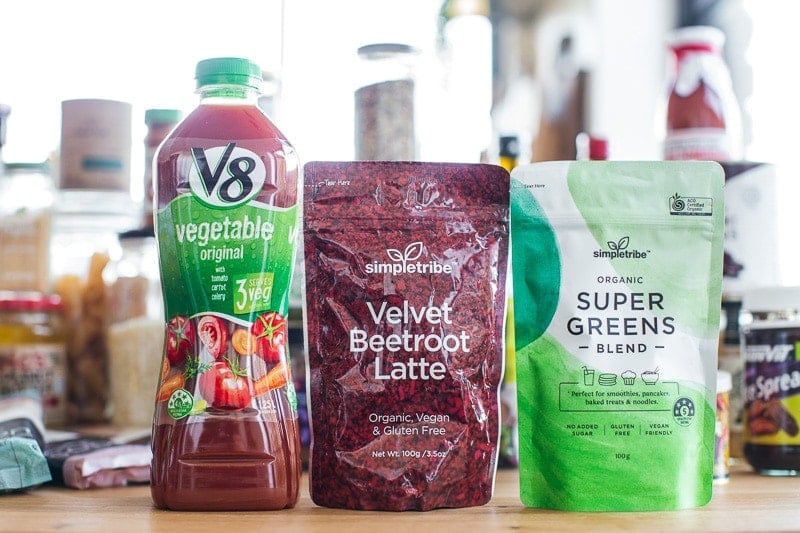
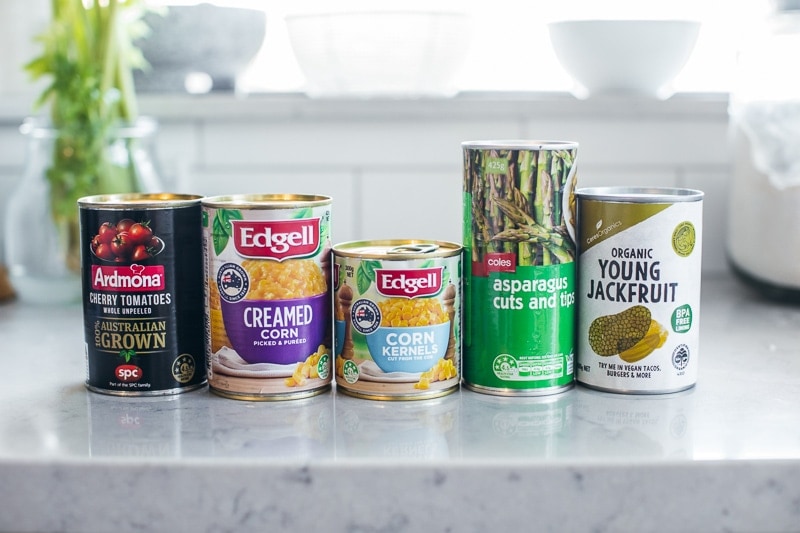
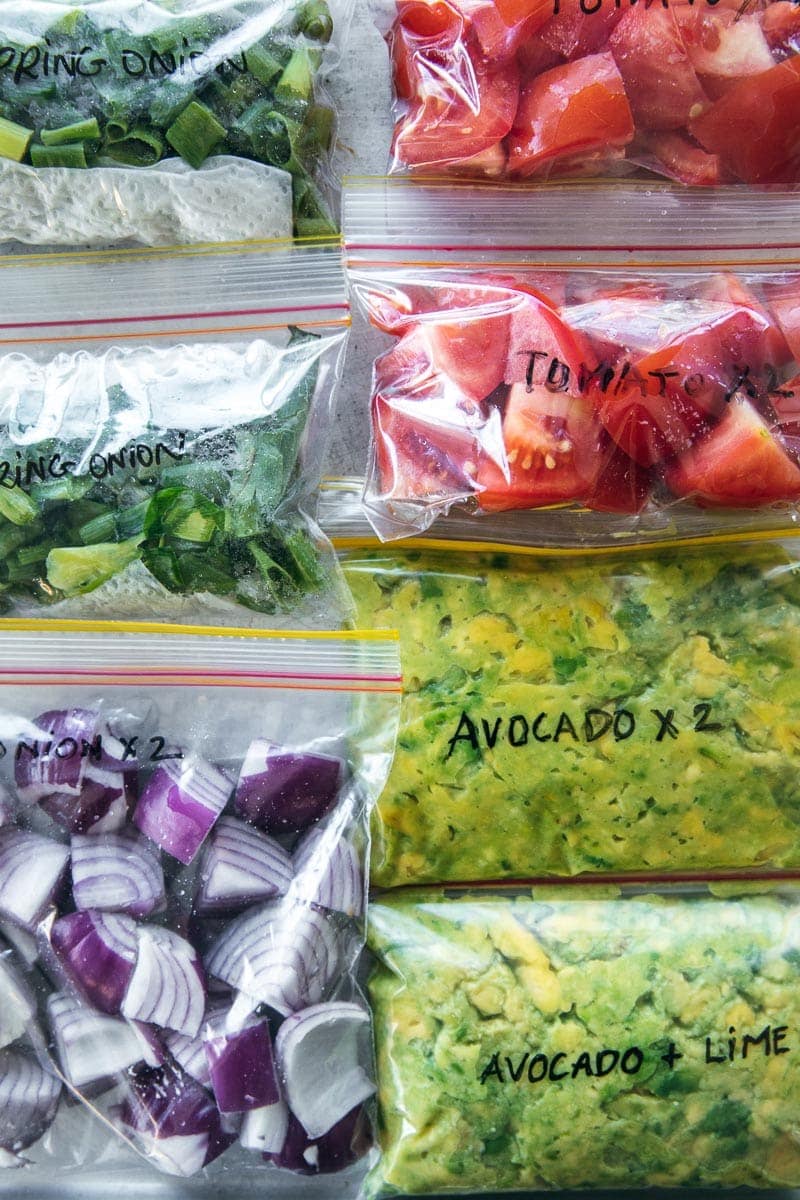
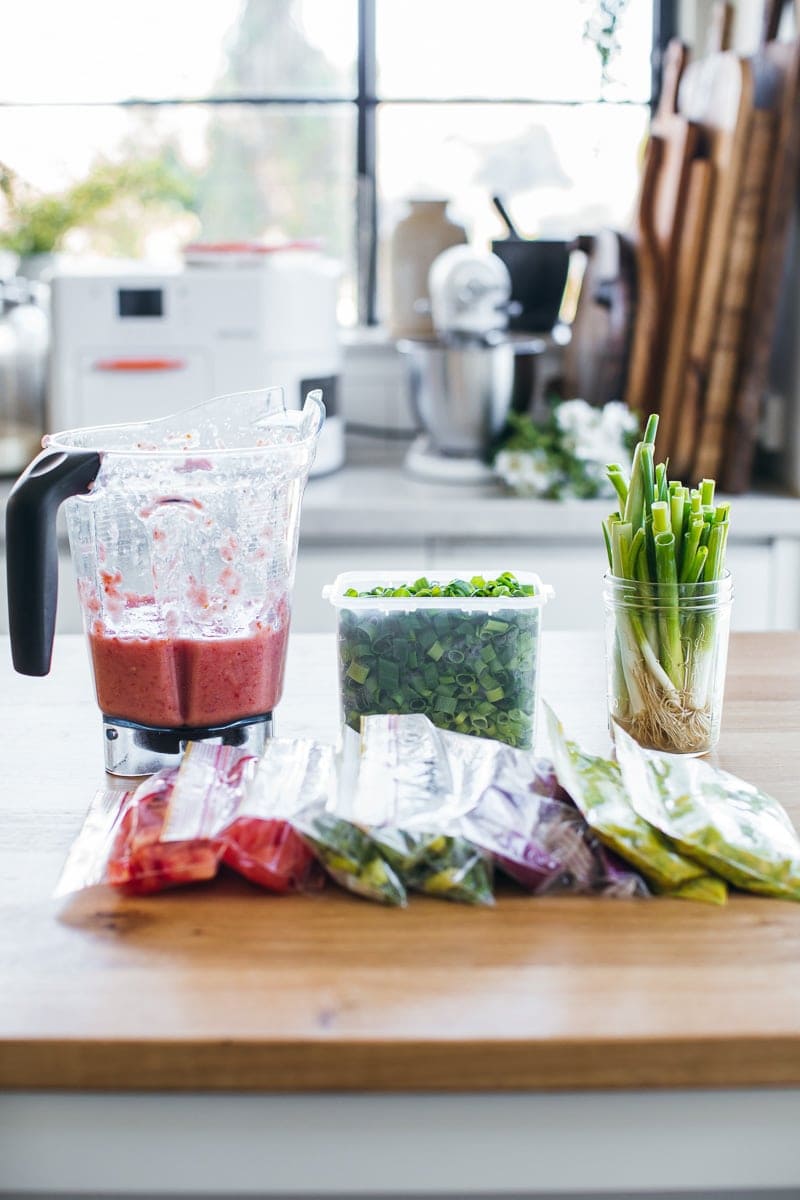
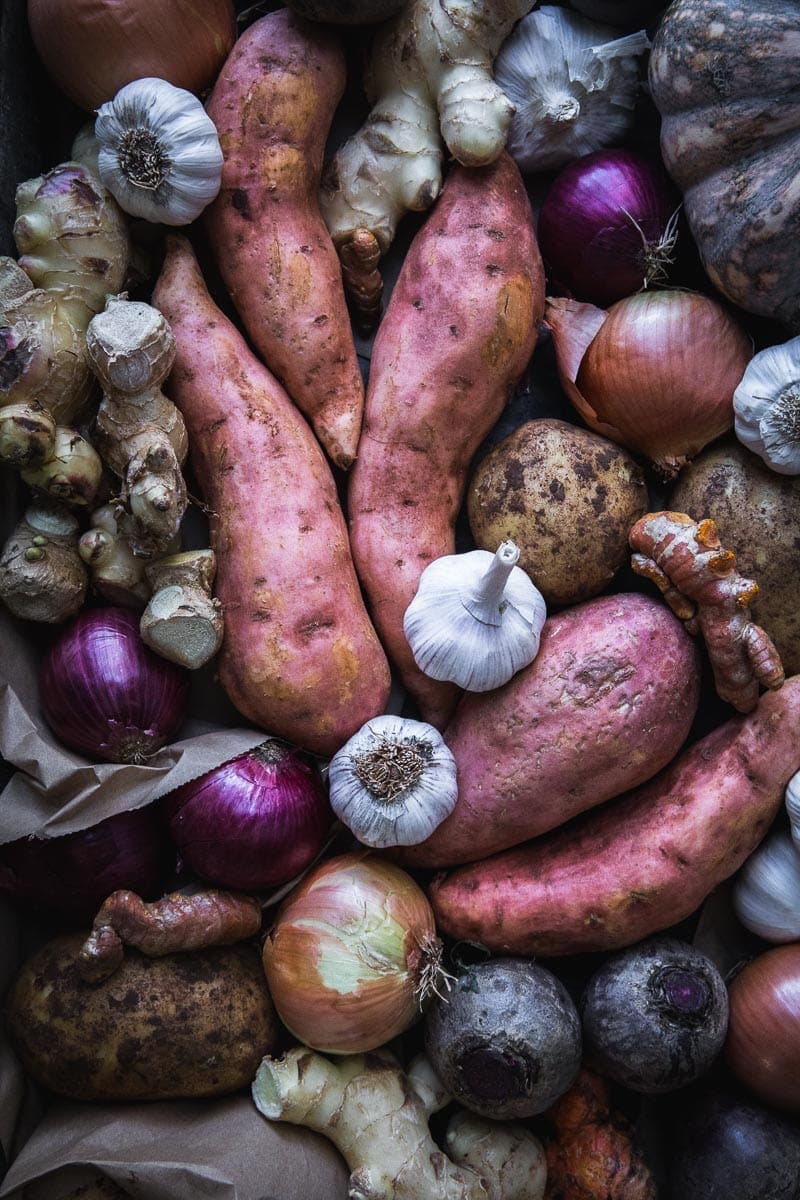
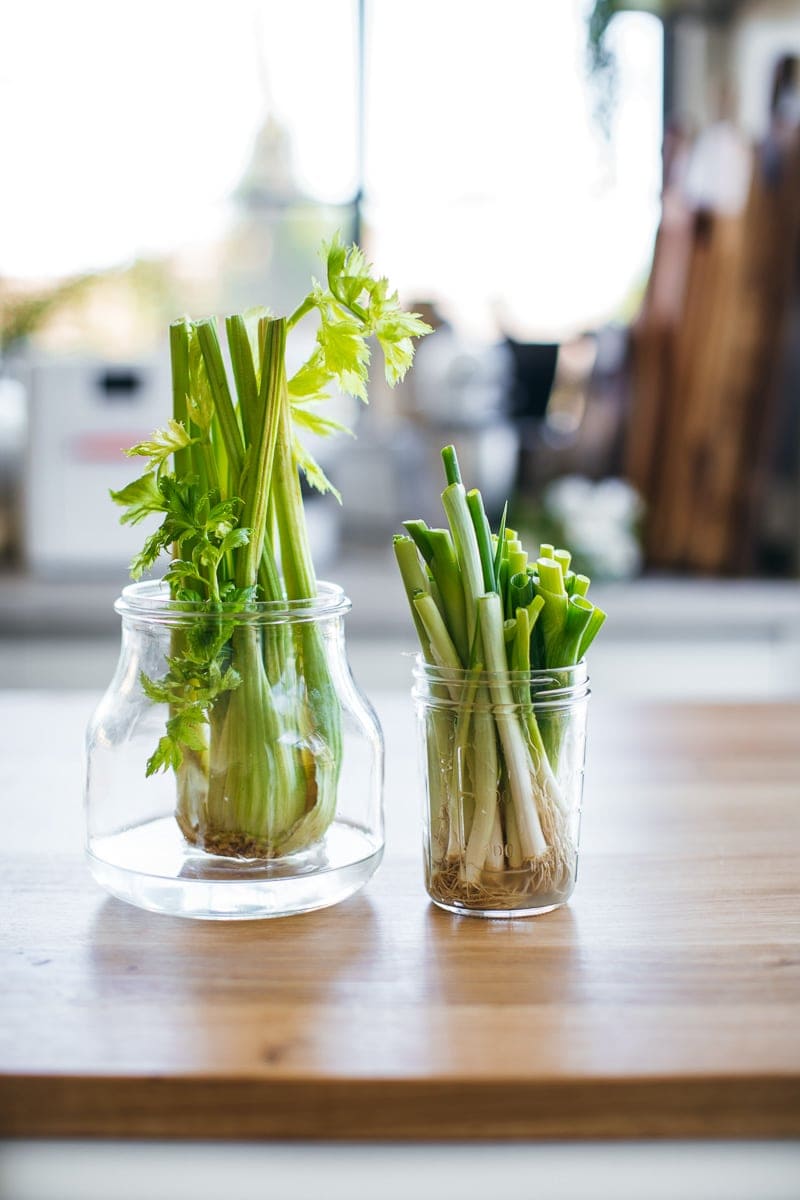
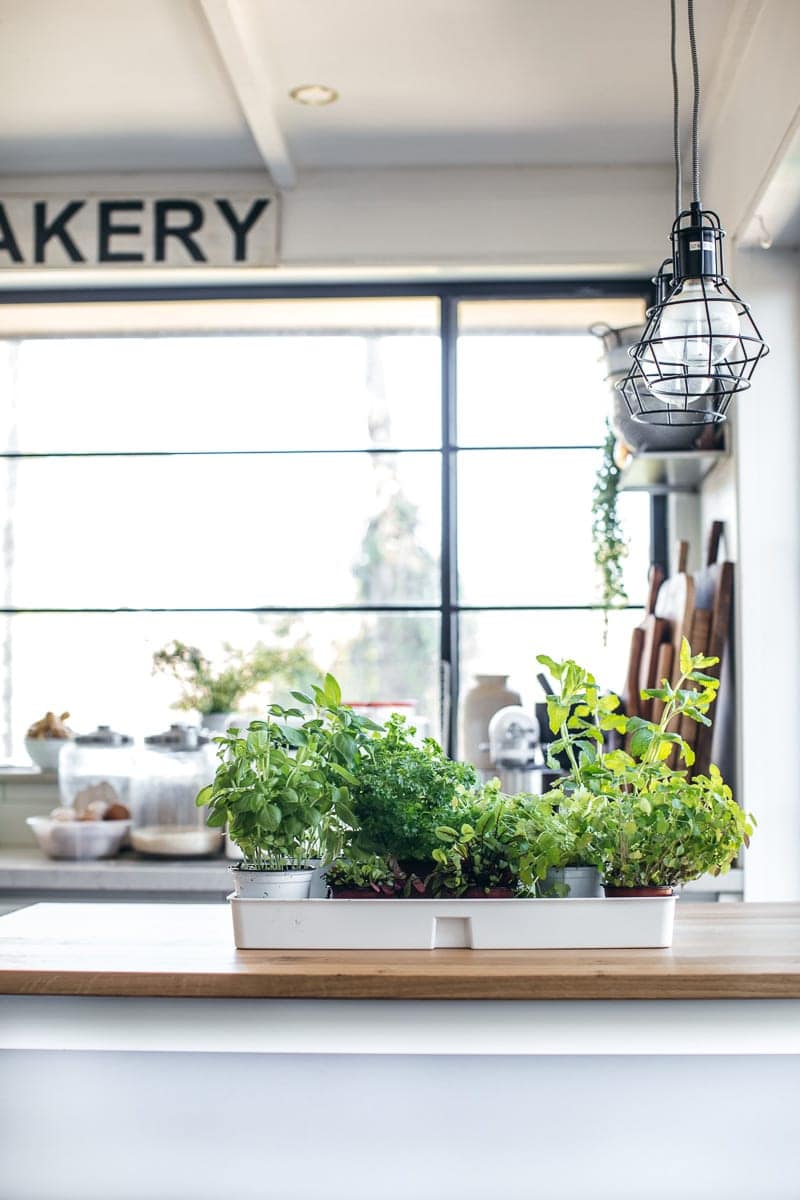
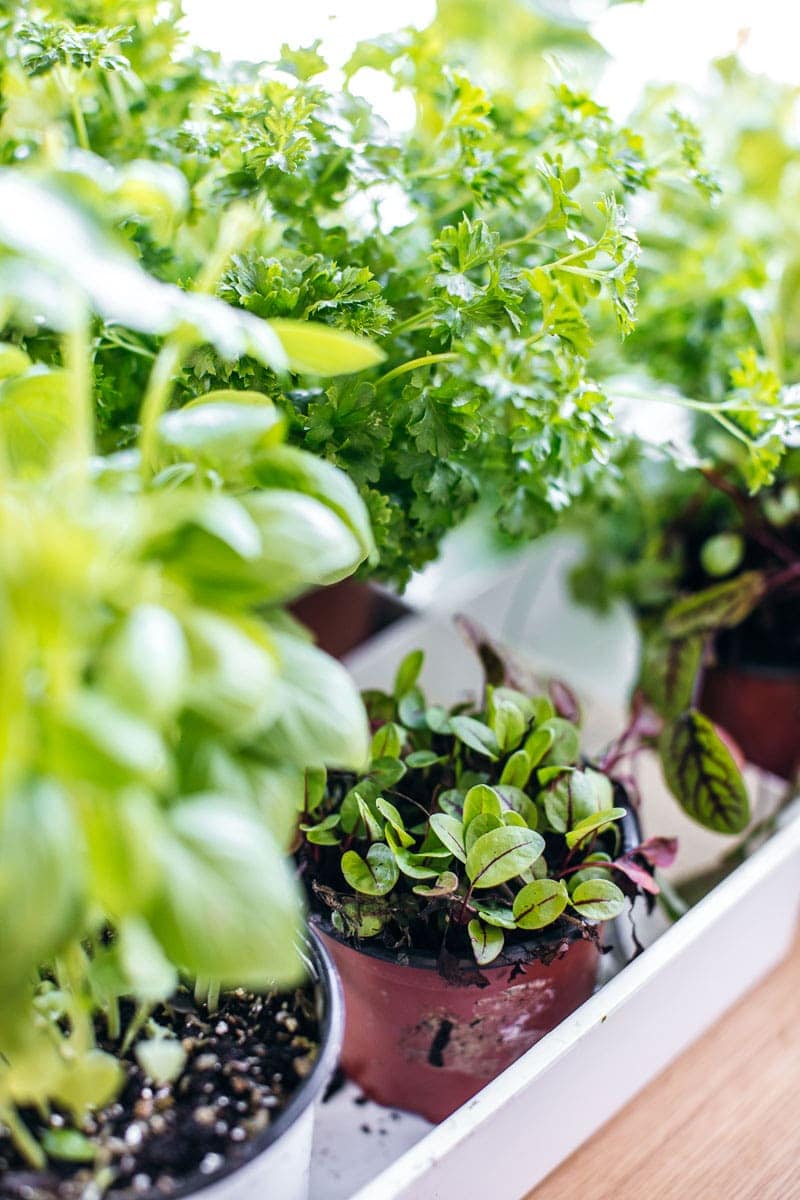
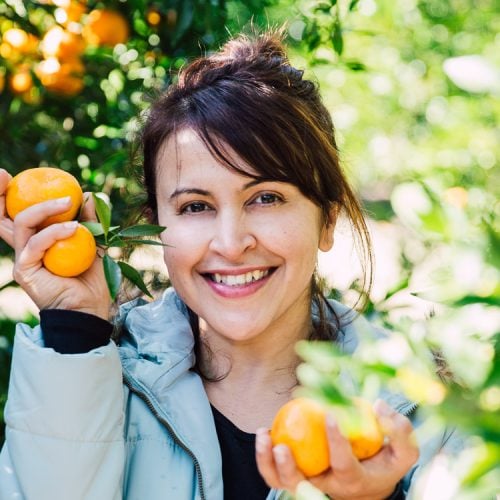
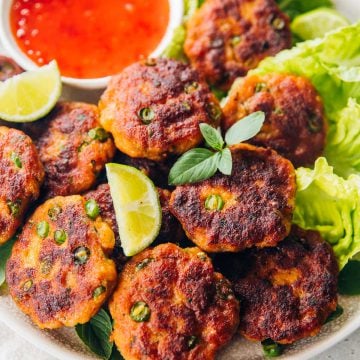
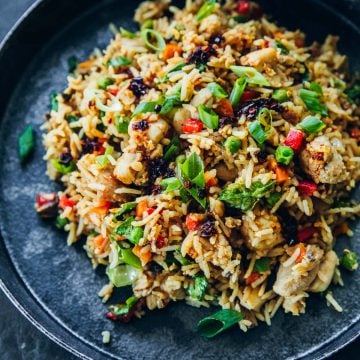

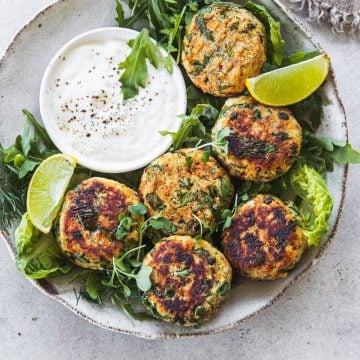


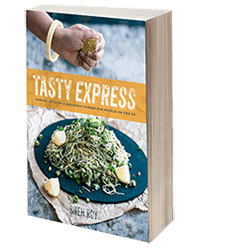
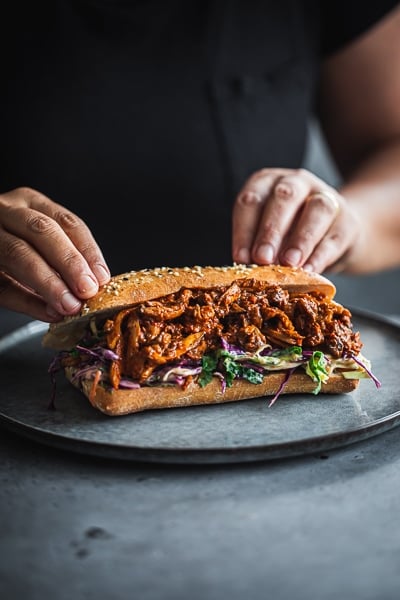
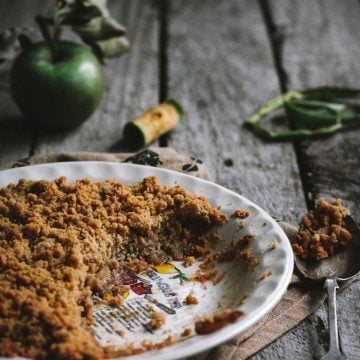
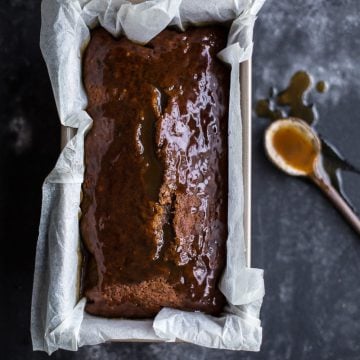



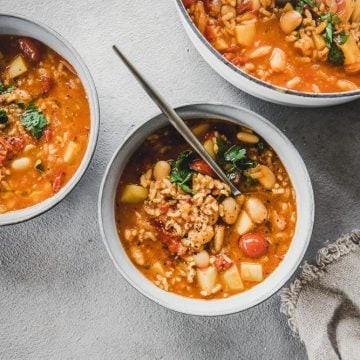
0 Comments